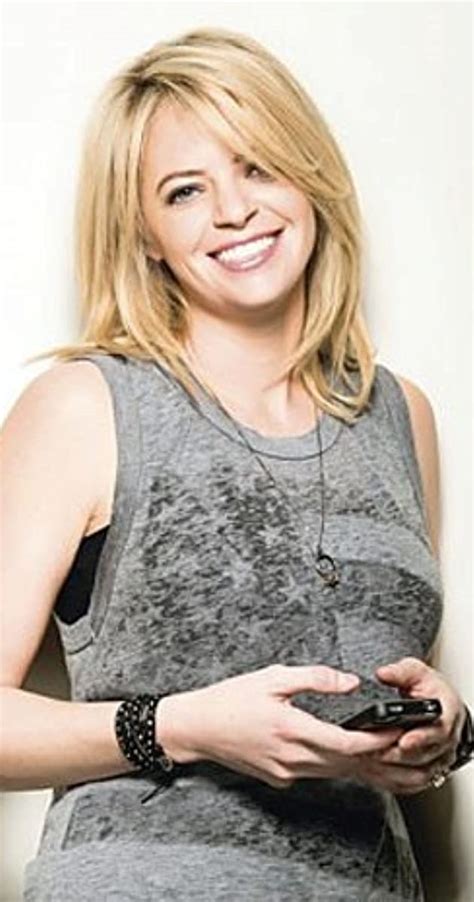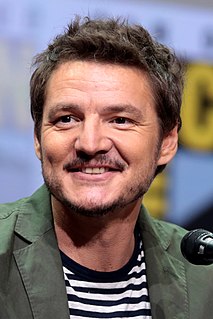A Quote by Erica Jong
Often I find that poems predict what I'm going to do later in my own writing, and often I find that poems predict my life. So I think poetry is the most intense expression of feeling that we have.
Related Quotes
I think that the casual reader and the lyric and confession are trickily tied up together. I mean often when I read my students' poems my first impulse is to say, "O, the subject of this pronoun, this 'I,' is whatever kid wrote this poem." The audience for lyric poems is "confessionalized" to some extent. And I think this audience tends to find long narrative poems, for instance, kind of bewildering.
If the motive of writing is for some people a kind of exercise in dirty laundry, that's one thing. I've always thought of my poems as meant to be overheard, as I think all of these poems are. It seems to me if you get experience right, even your most painful or humiliating experiences - if you get those experiences right for yourself and make discoveries as you go along and find for them some formal glue - they will be poems for others.
If you can find two poems in a book, it could be a pretty good book for you. You know, two poems you really like. There are some poets who are fairly big names in contemporary poetry and who write a book and I might like three or four poems in the book, but the rest of them don't appeal to me personally; but I think that's the way it really ought to be. I think it's really a rare thing to like everything that somebody has written.
Writing fiction, for me, is a more indirect form of self-exploration than writing verse. When I'm working on a novel I'm moving characters around and I'm thinking about plot and there's a lot of other things going on at the level of structure and story. With a poem, a single idea or line or emotion can sometimes be enough - there's often a sense, in the best poems, of capturing a single instant. Perhaps poems differ from prose in the degree of solace they can offer - by speaking so personally, so directly, about shared experience. A few lines of poetry can provide comfort.
Writing for me is an ongoing practice of facing and countering fears. And so, in that sense, I have always been responding to phobias. I am often most surprised by the writing that comes from facing fears that strike closest to home, poems that explore internalized phobias about gender identity, sexuality, and the body, poems that struggle with a question like do I deserve love?






































